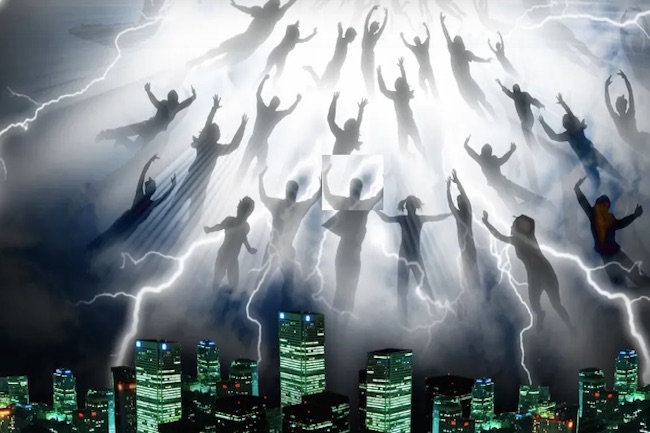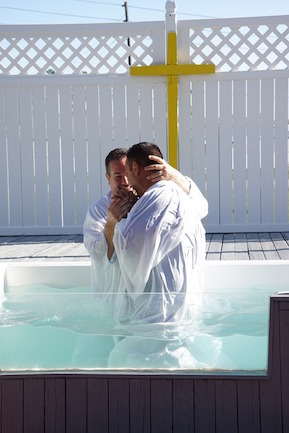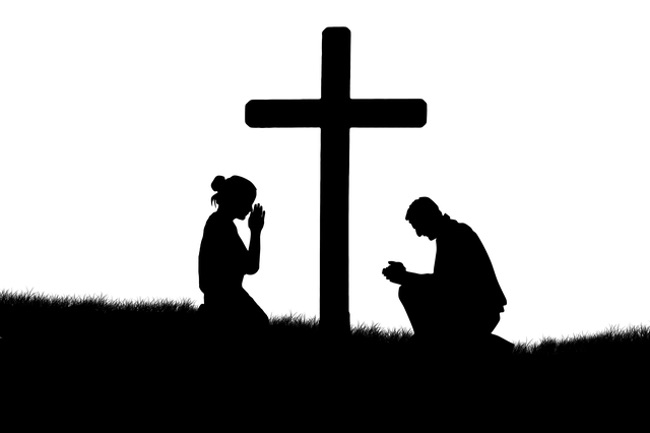A Unified Call for Prophetic Accountability by Michael L. Brown for Ask Dr Brown
Throughout the Bible, prophetic ministry played a central role to the point that, if you take it out of the Bible, you no longer have a Bible. At the same time, prophetic ministry presented many challenges, with false prophets doing as much damage as true prophets did good.
The apostle Paul summed up the possibilities and the problems associated with prophecy in a few short verses, writing, “Do not quench the Spirit. Do not treat prophecies with contempt but test them all; hold on to what is good” (1 Thessalonians 5:19-21).
So, on the one hand, prophetic ministry should be encouraged, not suppressed. On the other hand, it must be tested.
Support Our Site

Now is your chance to support Gospel News Network.
We love helping others and believe that’s one of the reasons we are chosen as Ambassadors of the Kingdom, to serve God’s children. We look to the Greatest Commandment as our Powering force.
Unfortunately, in church circles where prophetic ministry is still accepted, we tend to go to one extreme or the other, either welcoming prophecy with little or no discernment or virtually shutting it down with a hyper-cautious attitude.
Today, in light of the failed Trump prophecies, which received widespread media attention, and which followed on the heels of the failed end-of-Covid prophecies, prophetic ministry has a bad name. Not only so, but many believers have become spiritually disoriented while many pastors are asking, “Who cleans up the mess now?”
In the lead-up to the 2020 elections, amid a storm of pro-Trump prophecies, Bishop Joseph Mattera and I began to discuss the need to convene a number of charismatic leaders, sensing the fallout that would come should Trump not win reelection.
The first conference call took place on February 8, with about 20 leaders participating, and without names being released. That led to the drafting of a “Prophetic Standards” document, which was then submitted for discussion during a second call on March 15, involving most of the same leaders and some others who had not been part of the first call.
During that second call, the document was reviewed line by line, resulting in many changes and improvements. Then, it was sent to a number of other key charismatic leaders who were not part of either call, resulting in further sharpening of the statement.
It is, therefore, a group statement rather than that of any individual or denomination or stream or network or group.
As for the initial signers, they too represent different denominations, streams, networks, and groups, including megachurch pastors, biblical scholars, theologians, evangelists, leaders of apostolic networks, recognized prophetic ministers, and local church leaders.




